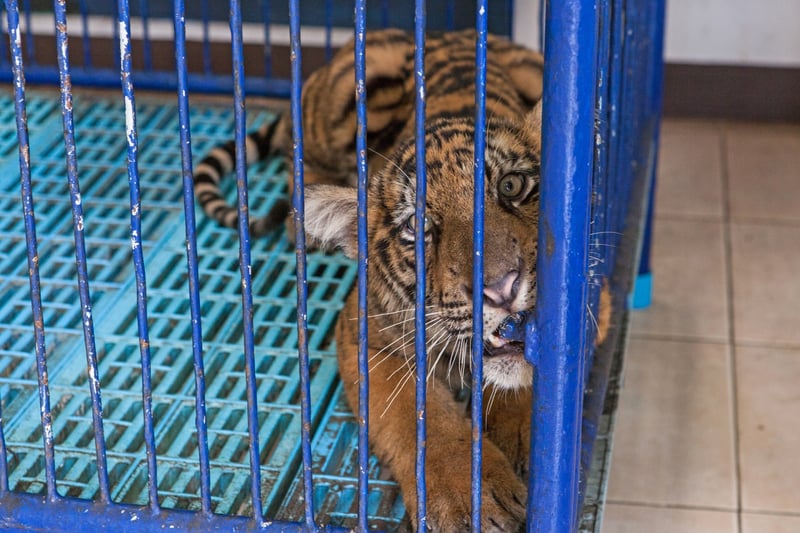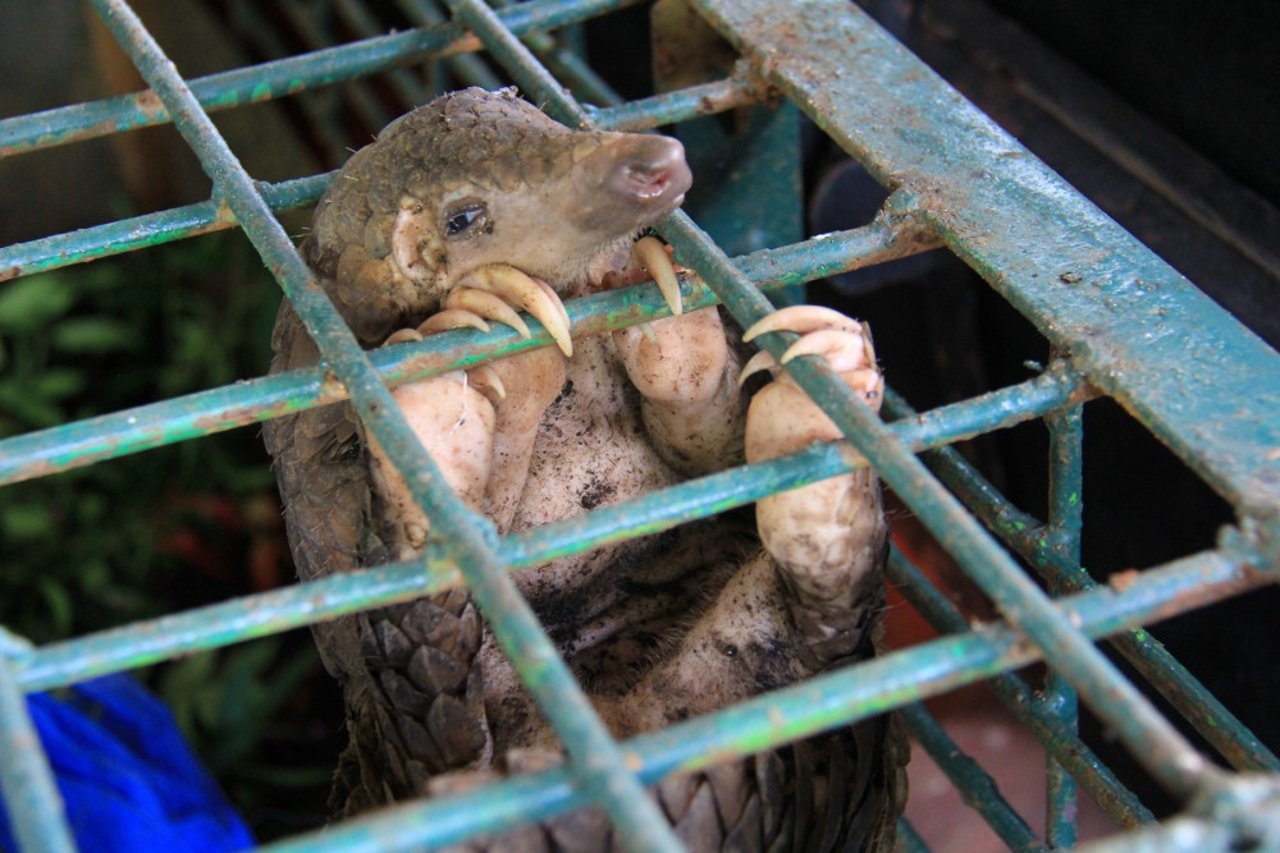
Beyond wet markets: the problems with the wildlife trade
News
With the coronavirus pandemic affecting lives around the world, the global community is aware of the risks of wildlife trade now more than ever. The pandemic is a symptom of a global trade (both legal and illegal) that is inherently cruel and dangerous.
To meet consumer demand, millions of animals are exploited every day as part of the multi-billion-dollar global wildlife trade.
70% of emerging zoonotic diseases (transmittable from animals to humans) are thought to come from wild animals.
Wild animals as pets
The global trade of live, wild animals to be kept as 'exotic pets', such as ball pythons, Horsefield's tortoises, and even primates like squirrel monkeys and capuchins, is happening on an industrial scale.
According to data from the Convention on International Trade in Endangered Species of Wild Fauna and Flora (CITES) trade database, thousands of species of wild animals are traded globally every year - all within the limits of the law:
- Over 500 species of bird (approximately half of which are parrots)
- Almost 500 species of reptile (mostly turtles, lizards and snakes)
- Over 100 species of mammal
Our recent research indicates that there are over 17 million exotic pets in the US alone.
Exotic pets are often taken from the wild or intensively captive-bred in conditions that risk their psychological and physical wellbeing.
Regardless of how they are sourced, ‘exotic’ animals retain their wild instincts – their full range of needs which can never be met in people’s homes.
Wild animals as medicine
The traditional medicine industry is worth an estimated 60 billion US dollars a year, spanning across 180 countries.
Despite CITES regulation barring or restricting the commercial trade of some species, animals such as rhinos, elephants and tigers are being poached for use in Traditional Medicine at an alarming rate.
A seized pangolin at the Natural Resources Conservation Center Riau, Indonesia
Many species have been pushed to the brink of extinction, including pangolins – the most traded and poached mammal in the world. If nothing changes, these animals could disappear forever.
Commercial wild animal ‘farms’ have emerged around the world to meet the demand for products containing wild animals. Not only are they inherently cruel, but they are also unnecessary. The scientific evidence of the efficacy of treatments derived from animal products is not only lacking, but plant-based alternatives are available.
Regardless of how they are sourced, ‘exotic’ animals retain their wild instincts – their full range of needs which can never be met in people’s homes
